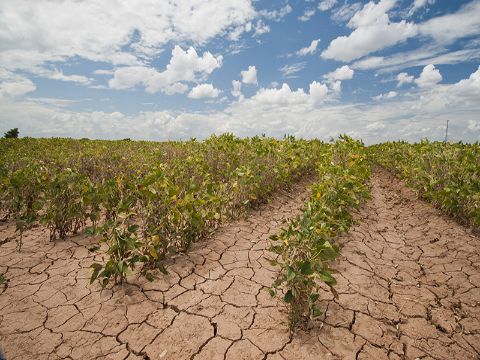ASHENEWS reports that the United Nations Environment Programme (UNEP) says that the world is currently witnessing a disturbing acceleration in climate records.
This is contained in the Emissions Gap Report 2023 released on Monday.
According to the report, the number, speed, and scale of broken climate records coupled with rising temperatures, accompanied by devastating extreme events, signals that the world may soon exceed the 1.5-degree temperature limit specified in the Paris Agreement.
“While the records do not imply that the world has exceeded the 1.5°C temperature limit specified in the Paris Agreement, which refers to global warming levels based on multi-decadal averages, they signal that we are getting closer,” it said.
The report which provided an assessment of the gap between the pledged greenhouse gas (GHG) emissions reductions and the reductions required to align with the long-term temperature goal of the Paris Agreement, said that the assessment provides opportunities for countries to bridge this gap.
“This report looks at what is required this decade and beyond 2030 to maintain the possibility of achieving the long-term temperature goal of the Paris Agreement. It underscores that maintaining this possibility hinges on relentlessly strengthening mitigation action this decade to narrow the emissions gap.
“This will facilitate significantly more ambitious targets for 2035 in the next round of NDCs, and pave the way for enhancing the credibility and feasibility of the net-zero pledges that by now cover around 80 percent of global emissions.
“Failure to bring global GHG emissions in 2030 below the levels implied by current NDCs will make it impossible to limit warming to 1.5°C with no or limited overshoot and strongly increase the challenge of limiting warming to 2°C.”
The report equally pointed to a global increase in greenhouse gas (GHG) emissions and atmospheric concentrations of carbon dioxide (CO2).
According to it, “Global GHG emissions increased by 1.2 percent from 2021 to 2022 to reach a new record of 57.4 gigatons of CO2 equivalent (GtCO2e).”
It said that urgent and significant action is now needed by all countries to reduce emissions of methane (CH4), nitrous oxide (N2O), and fluorinated gases (F-gases) in high-income and high-emitting countries as well as limit emissions growth in low- and middle-income countries.
“For high-income countries, this implies further accelerating domestic emissions reductions, committing to reaching net zero as soon as possible – and sooner than the global averages from the latest IPCC report implies – and at the same time providing financial and technical support to low- and middle-income countries.
“For low- and middle-income countries, it means that pressing development needs must be met alongside a transition away from fossil fuels.”
It noted that further delay may likely increase future dependence on carbon dioxide removal (CDR) from the atmosphere.
The report stressed that global cooperation reflecting the Paris Agreement principle of common but differentiated responsibilities and respective capabilities in light of national circumstances is needed at this time.
“This principle implies that countries with greater capacity and greater historic responsibility for emissions – particularly high-income and high-emitting countries among the G20 – will need to take more ambitious and rapid action, setting the course and demonstrating the viability of fossil-free development.”


